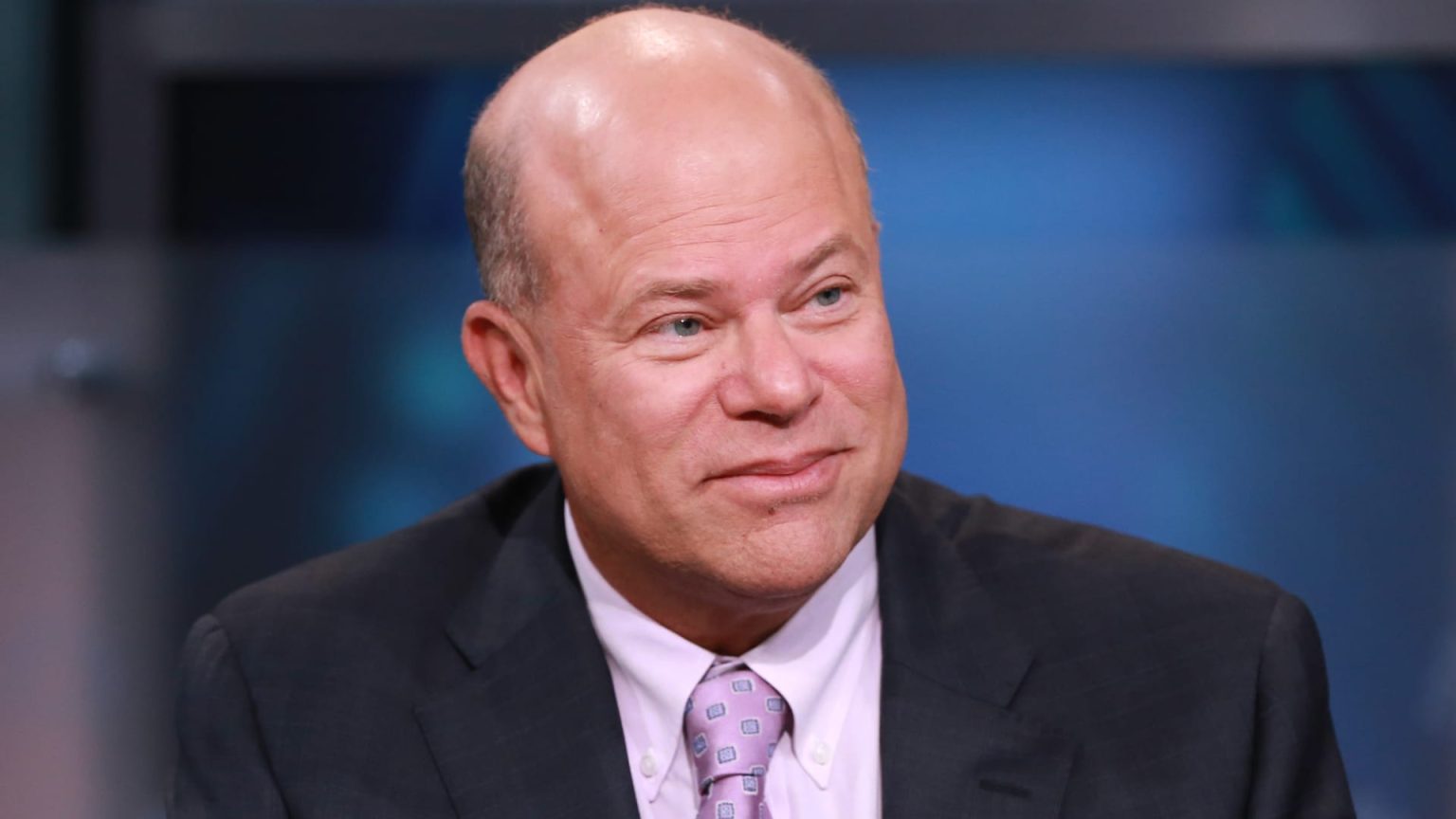David Tepper, founder of Appaloosa Management, advises investors to take the Federal Reserve’s commitment to lowering interest rates seriously. He stated that the central bank has a high level of conviction in their statements and typically follows through on their promises. The Fed recently cut rates by half a percentage point, signaling further cuts throughout the year. Fed Chairman Jerome Powell referred to this as a “recalibration” rather than a long-term strategy, but Tepper believes that two or three additional 25 basis point cuts are necessary to maintain credibility.
Despite the Fed’s actions, Tepper admits to feeling nervous about the current macro setup of U.S. stocks. He noted similarities between the current economic landscape and the 1990s, when the Fed eased monetary policy in a strong economy. While economic indicators have been positive, including steady GDP growth and high inflation, there has been a slowdown in the labor market. Tepper, a self-proclaimed value investor, expressed hesitation about the current situation.
Tepper, however, emphasized that he is not planning to bet against U.S. equities due to the favorable effects of the Fed’s decision. He acknowledged that the abundance of easy money and a decent economy make shorting stocks a risky move. Tepper is not enthusiastic about U.S. markets from a value perspective but is cautious about the potential benefits of easy monetary policy. He highlighted the importance of being long on U.S. equities despite his reservations.
In light of the Fed’s rate cut and the Chinese government’s intervention to support its economy, Tepper has shifted his investment focus towards China. He expressed a preference for Asian and European equities over U.S. stocks, emphasizing the opportunities presented by the current global economic environment. Tepper’s decision to go all in on China reflects his strategic approach to investing based on perceived opportunities and potential for growth in specific markets.
Tepper’s evaluation of the current economic situation and the implications of the Fed’s actions demonstrate his cautious yet opportunistic mindset as an investor. While he may have reservations about the U.S. markets, he acknowledges the risks of betting against them in the current economic climate. Tepper’s decision to pivot towards China and other global markets indicates his flexibility and readiness to capitalize on emerging trends and opportunities in the investment landscape.
Overall, Tepper’s insights provide valuable perspective on navigating the complexities of the financial markets in relation to central bank policies, economic indicators, and global investment opportunities. His emphasis on following the Fed’s guidance and adapting investment strategies in response to changing conditions showcases his pragmatic approach to managing investments in a dynamic and uncertain environment.


